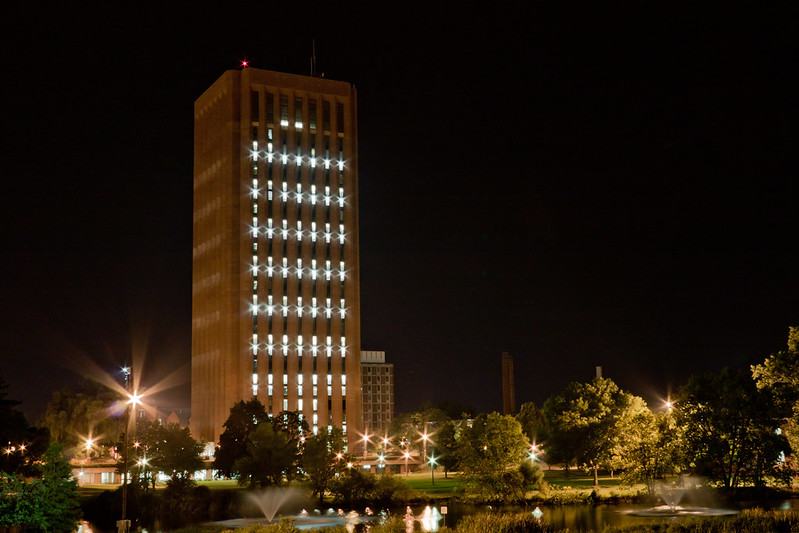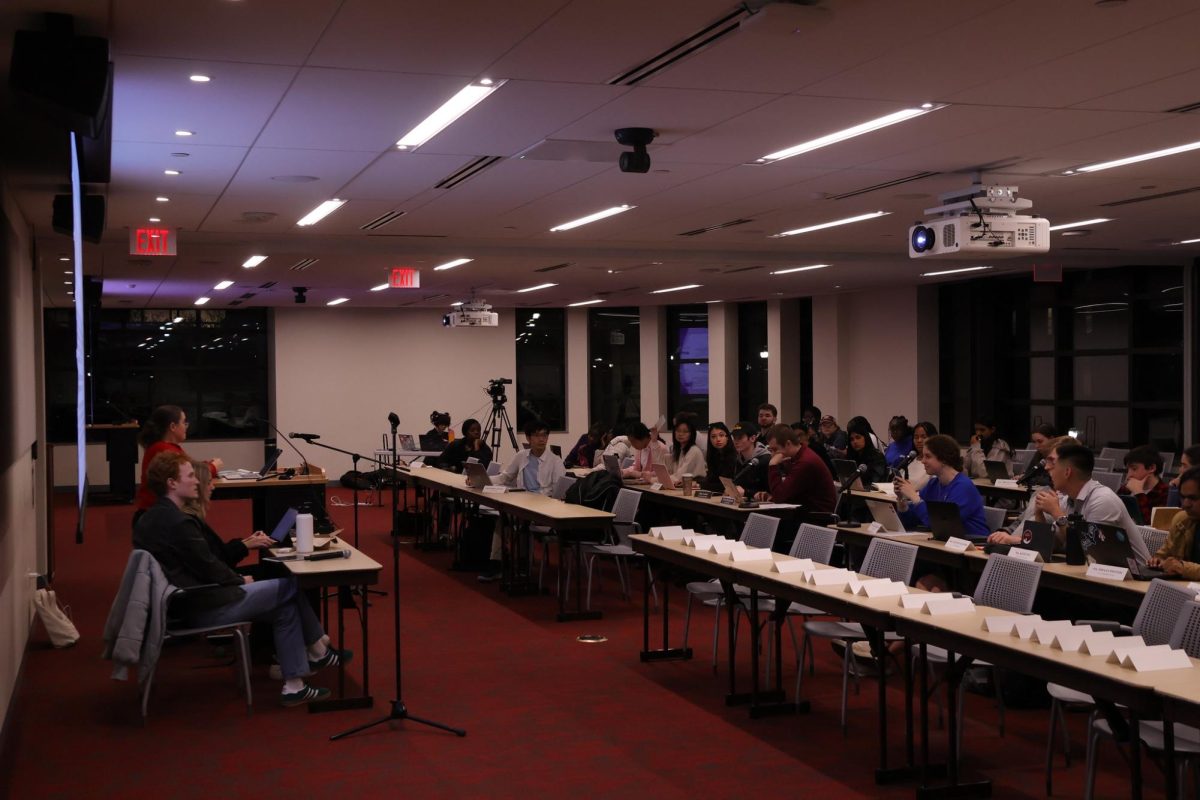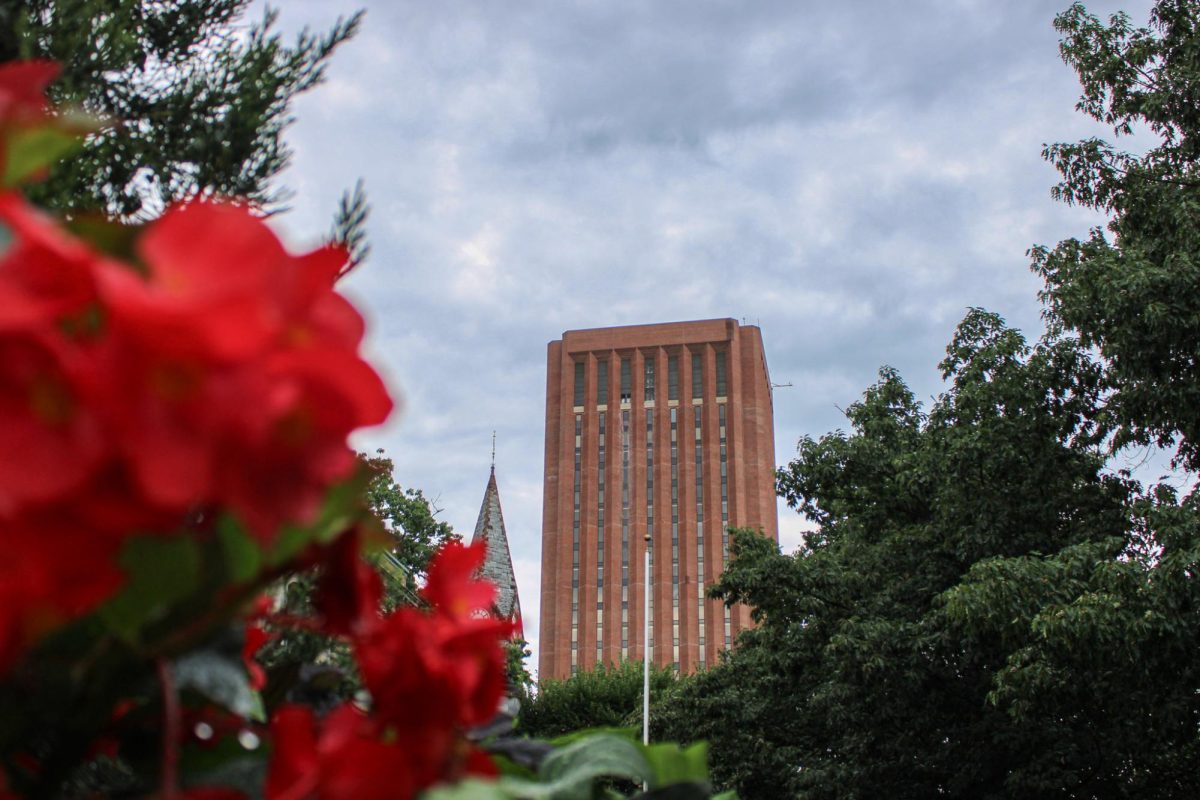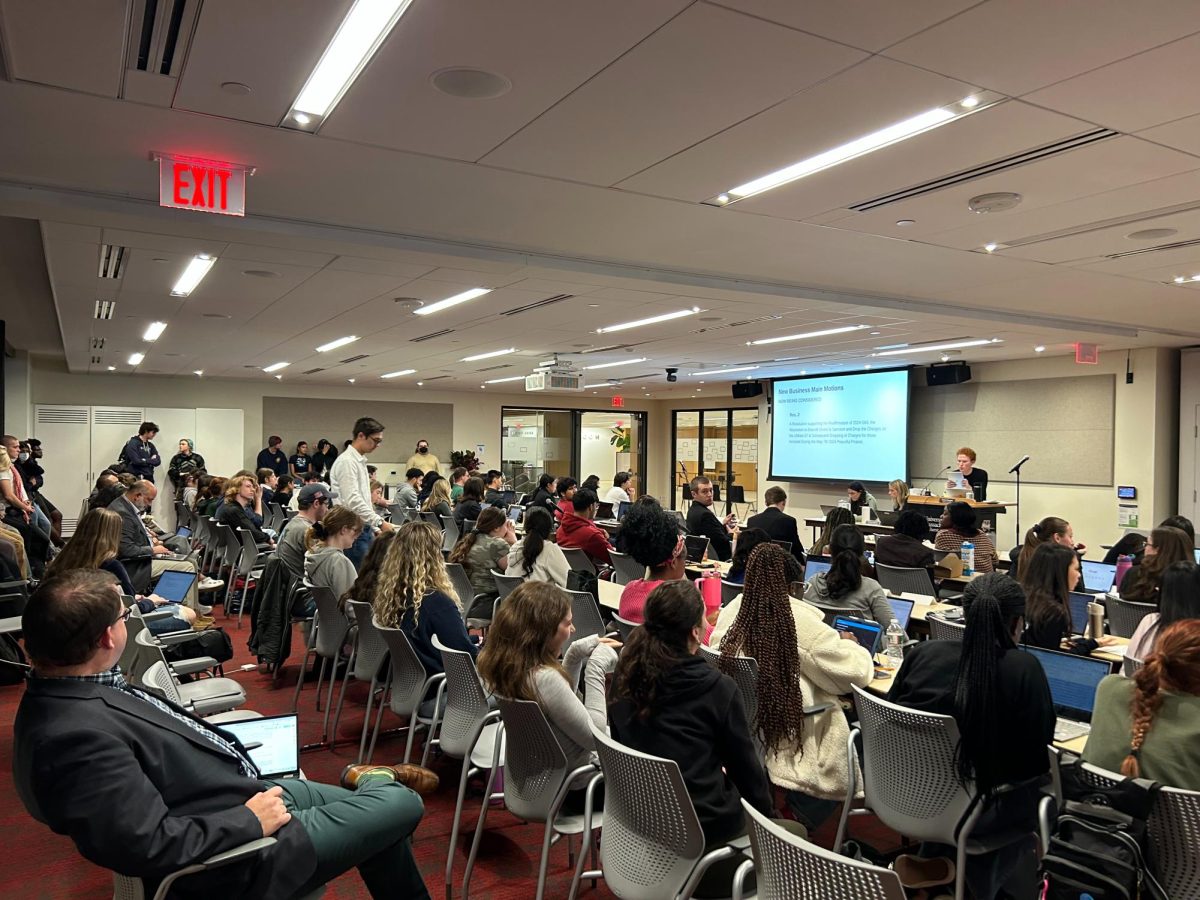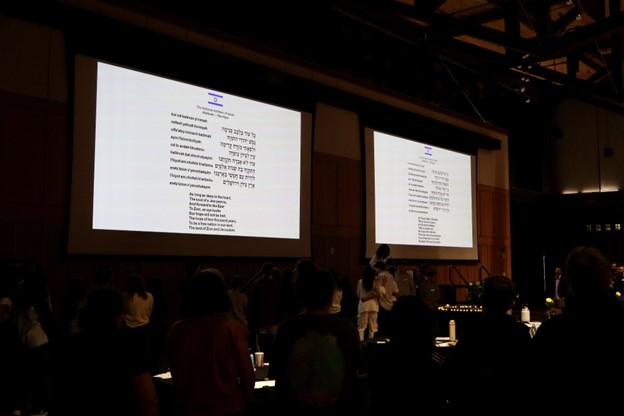The University of Massachusetts hosted a virtual lecture titled “Pan-African Brothers: A study of the intellectual and political relationship between W.E.B. Du Bois and George Padmore” on Dec. 7. Adam Holmes, assistant director of the W.E.B. Du Bois Center, explained that the event was held as part of the center’s aim to share the legacy of W.E.B. Du Bois and to commemorate the life of his academic peer and mentor, George Padmore.
The lecturer, Juan Francisco Martínez Pería, is a historian and professor of Latin American history at the University of Buenos Aires, the University Nacional de San Martín and the Universidad Nacional Madres de Plaza de Mayo. He is a postdoctoral fellow at the W.E.B. Du Bois Center at UMass and authored “¡Libertad o Muerte! Historia de la Revolución Haitiana,” a novel about the Haitian Revolution.
Pería emphasized the parallels between George Padmore and W.E.B. Du Bois; both were key figures of Pan-Africanism, Marxism, anti-colonialism and opposers of racial capitalism. They shared influential career paths, including mentoring key figures of the decolonization movement in the Caribbean and Africa.
Du Bois is known as the “Father of Pan-Africanism” and Padmore the “Father of African Emancipation.”
While they had a similar value system and foundation in leadership, Pería noted that their relationship of mutual guidance is “complex” and is subject to change.
“Du Bois is a much more recognized voice,” he noted and was more “celebrated” than Padmore. Pería aims to keep Padmore’s identity and voice in post-colonialism and colonial theory alive throughout Latin America.
George Padmore became a key figure of communism through writings such as “The Life and Struggles of Negro Toilers,” which bridged Pan-Africanism and Marxism. His book conducted a systematic analysis of the conditions of Africans and African descendants in the U.S. due to the oppressive forces of racism, colonialism and forced racial capitalism.
Padmore’s work was published in 1931, a time of stark criticism concerning Communist forces and theory. With Padmore’s foundation in Pan-Africanism came correspondence with Du Bois and, in turn, Du Bois’ journey through Black Marxism and newer agencies for the oppressed.
This foreshadowed the development of the Manchester Pan-African Congress (the fifth to be held) in 1945, organized by George Padmore, W.E.B. Du Bois and other prominent activists like Kwame Nkrumah. This congress wanted to challenge European colonial powers and demanded autonomy for Africa.
Pería noted that this was not an “intellectual congress” but rather a “popular based [one], where each of the delegates should be delegates of unions, peasant movements, student movements [and] nationalist movements.” He defined it as a “radical” congress where there was a synthesis between Pan-Africanism, Marxism, anti-colonialism and “the idea of a third World Revolution.”
Their ideas paralleled and were in solidarity with “the Asian revolution” and “equality in the U.S.” The congress ensured that they positioned independence and self-government in Africa and the Caribbean at the root of their objectives.
Padmore and Du Bois’ relationship flourished through the independence process in Asia and Ghana. Both advocates convened and discussed the path to revolution in Ghana, where Du Bois emphasized the need for a sixth Pan-African congress to be created in Africa.
Around this period, Padmore engaged in personal academic writings, one of them being a more controversial piece titled “Pan-Africanism or Communism.” This included theories of Pan-Africanism, a critical analysis of communism and orthodox Marxism and a celebration of Du Bois.
“He still celebrated Marxism,” Pería said, “but he insisted that this Marxism should be a critical Marxism, and should be used as a weapon of theory, not as a political identity.”
Padmore and Du Bois’ alignment with communism often inverted each other as Du Bois leaned into communism in the late fifties, after being critical during heightened notions espoused by the U.S. government. Their correspondence, while frequent, was complicated by each other’s teetering accordance with communism.
Padmore marked a revolution, according to Pería, characterized by “African Socialism, where the unity of Africa and the dependence of Africa is key.”
Pería explored why Padmore was less celebrated than other decolonization theorists, noting that his engagement with Marxism inhibits his work from being used as a concrete “weapon of theory.”
Writers that “stress culture and domination” in relation to colonialism will be more celebrated, according to Pería, rather than Padmore’s work, which has a “traditional kind of Marxist social economic analysis.”
The two advocates “peculiar” yet “original” Socialism, independent of the Soviet Union, remains embedded in Pan-Africanism and fueled their pursuits in tackling communal land.
Nearing the end of the lecture, audience member Dr. Karen Racine said, “I’m wondering about [Padmore’s] interaction with some of the artistic and cultural figures who also went to Russia… did Padmore have any interest in literature and artistic culture broadly conceived as part of his decolonial project?”
“Du Bois wrote literature and he thought that art was propaganda, political propaganda, and he gave a very important role there,” he responded. “Padmore didn’t write that kind of work, but he had, of course, relationships with artists and they were important relationships.”
Both advocates and scholars of the Pan-African Movement passed away in Ghana, having dedicated their lives to liberating targeted communities in Africa and the West Indies and to the “legacy of Black radical tradition.”
Pería is working on a book relating to Padmore’s experiences, informed by his research on the relationship between W.E.B Du Bois and George Padmore.
Alexandra Protter can be reached at [email protected].

